The Woman Reader by Belinda Jack

The love affair between women, education and reading through the ages has been, at best, tempestuous. It has been viewed in an antithetical array of ways, from encouraging the pious to religious fervour – Mary was often pictured with a book in annunciation paintings – to a lascivious, corrupting influence. The latter is best demonstrated by Antoine Wiertz’s painting, The Reader of Novels. This depicts a naked woman, stretched out and devouring the books that a shadowed, horned devil is pushing towards her. In 1872, Rousseau, in his famous educational novel On Education, even went so far as to suggest: “The entire education of women must be relative to men. To please men, to be useful to them, to be loved and honoured by them.”
In The Woman Reader, Belinda Jack traces the action of and the reaction to reading through the lives of a multitude of women. She introduces the book with the voice of Doris Lessing, emphasising: “A public library is the most democratic thing in the world. If you read, you can learn to think for yourself.” The book follows on with the account of other pioneering and challenging women like Sappho, Aphra Ben, Margery Kempe and 16th century straight talker Moderata Fonte who, in The Worth of Women, asked: “Do you really believe…that everything historians tell us about men – or about women – is actually true? You ought to consider the fact that these histories have been written by men, who never tell the truth about anything except by accident.”
The literary trope of the madwoman in the attic is a familiar one, stemming from Gilbert and Gubar’s feminist re-readings of Victorian literature; a literature that seemed to define women as either pure angels or demonic mad women. Jack has taken this concept further as she steps beyond the fictionalised characters of women in novels and plays throughout history and across the world, examining the progression and changing attitudes of those who read, from the earliest wall painting in prehistoric caves to Babylonian princesses and cloistered nuns.
Dense, thorough and absorbing, this historical treasure trove is not for the faint-literary hearted. Jack crams her pages and lengthy chapters with so many stories, names and quotes that it is sometimes difficult to analyse every page deeply. Some stories are gems, such as the bizarre observations of Robert Carter, a London doctor who analysed women reading aloud and advised that, if a woman is seen to become excited by the material she is reading then: “Attempts should be made to distract the patient from their reading: ‘This may be done by obtaining a book upon some practical subject: such, for instance, as bee keeping’.”
Some statements, however, are surprising. In a later chapter Jack identifies that Dickens was: “At one with his humble readers, whereas the eighteenth-century writer was at one with a more educated group.” She goes on to claim that his works had a “childlike quality”. This seems a rather limited view considering that the “humble” women readers that Jack most often focuses on in the book are the well educated, the wealthy and the well known.
Generations of men and women were convinced that women’s education would lead to a loss of morals. Yet, even as the censors waned there were still questions on what was considered “suitable” reading material. Even Jack herself says: “My father didn’t think I should read stories in which people died – which ruled out a good deal!” Jack’s impressive and encompassing novel goes far into researching and telling a very private story. The book finishes, pointedly, with a modern day analysis of the Iranian women, who risked their lives to read banned titles, which, if anything, proves that this story is far from finished.
Emma Sleight
The Woman Reader is available to purchase online or in stores worldwide.





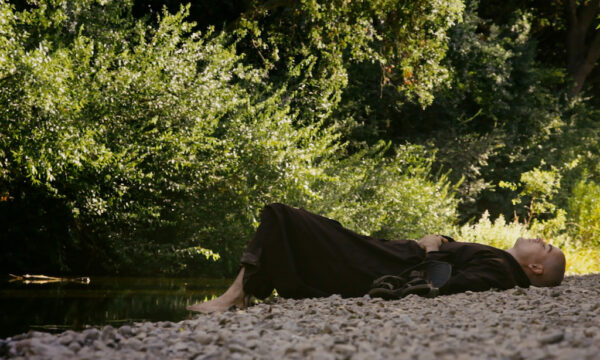






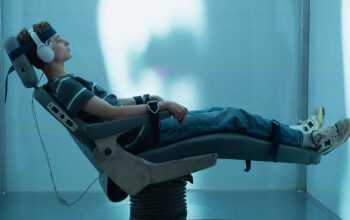
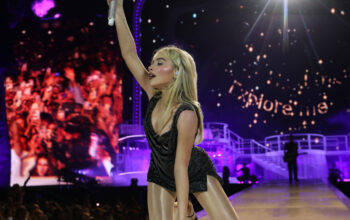

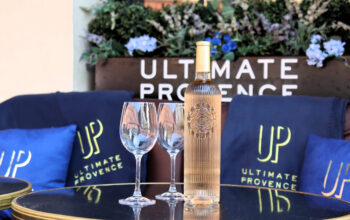




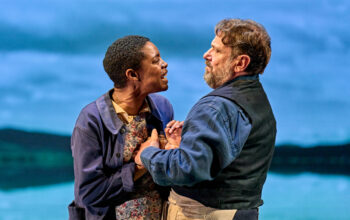
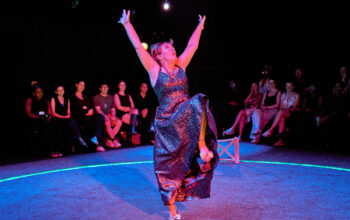
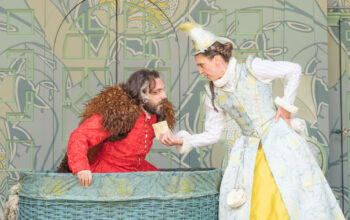
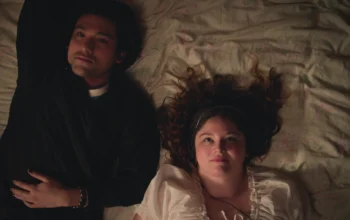
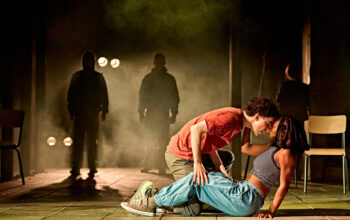
Facebook
Twitter
Instagram
YouTube
RSS